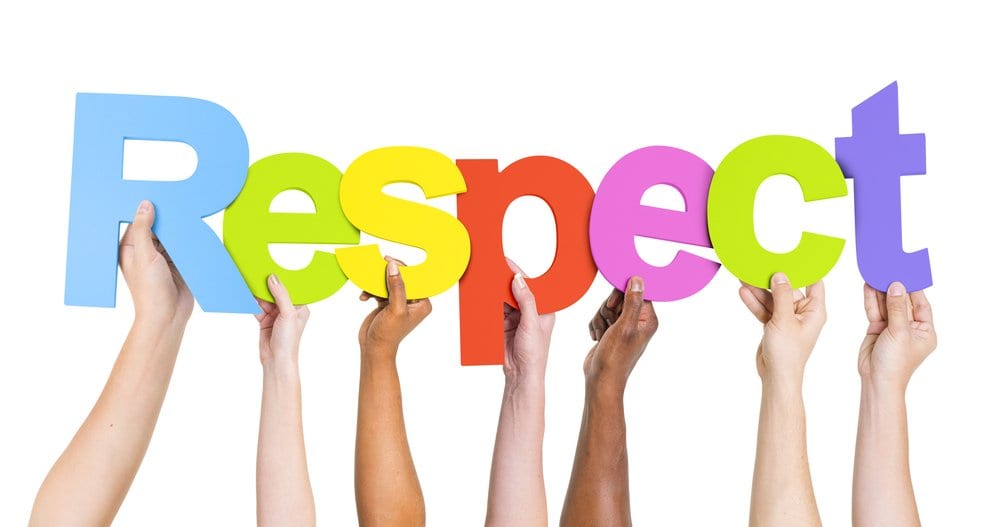This morning I was drinking my coffee and reflecting on my family, my work and you dear friends. I wondered do I truly hold space for those I love and care for and work with. In the addiction and behavioral health field we talk a lot about being in gratitude, of doing service and helping others grow.
Truth is, in the beginning of the pandemic, I thought a lot about my age and the fear that I might not see my grandchildren. I focused a lot on my spouse as well. I thought about my children near and far. I thought a lot about my clients and all of those folks out there with mental health and addiction challenges – could I give them and others the space to grow to learn. But did I in my own fear give space to others?
Just as we take our own inventory and look at our character defects in 12-step work so too did I. I needed a refresher in holding space.
Here are some of the things I must remind myself to do:
- Give people only as much information as they can handle. When working with clients whose loved ones are beset with mental health, addiction and other issues there is no need to overburden them with a litany of information right away. The first things families want to know is that you are competent, confident, hear them and that there is a solution to their problem, there is hope. The paramedics came to help a family member the other day they did just that with me. They were competent, explained what they were doing and were extremely reassuring. They gave me hope. That was all the information I needed at that moment. They did not make me feel incompetent worthless or stupid.
- Give individuals and families permission to trust themselves and their own intuition. When a family member calls out to a mental health or addiction specialist their hearts are racked in pain. Trust that they know something is wrong. Their gut is right affirming that, just like the paramedics and doctors affirmed I did the right thing.
- Do not take your loved one or clients power away. Folks especially now need to feel that they have control over something . When giving treatment options or next steps to families be sure and give them options. In that way they can own the decisions. It is theirs, not yours. Likewise with young children and adults, let them have the choice to succeed or fail and all the iterations in between.
- Keep your ego out of it. Sometimes as individuals and as professionals we know we know what’s right. I always get in trouble when I get headstrong and know that I know better than my client or my family member. In 12-step one would say my “will run riot”. I need to do an ego check and allow others to travel their own path and take my ego out of the equation. How do you take your ego out of picture and refocus on what’s really important that is holding space? If someone fails it is not because you have failed perhaps in failing, they are able to achieve the success they need. When we allow loved ones with alcohol or other drug problems etc experience the consequences of their behavior and not bail them out.
- Give another permission to fail. Just think when you are teaching a child to ride a bicycle you allow them the opportunity to slip and start. So, to must we do with loved ones and our families. If a loved one won’t go to school, gets in trouble at work, gets a DUI because of alcohol or other drug abuse you are able to provide a safety net and not a bail out. There’s a big difference. The safety net sets loving boundaries and treatment options.
- Give Guidance with Humbleness and thoughtful consideration and wise deliberation. “This is a careful dance that we all must do when we hold space for other people. Recognizing the areas in which they feel most vulnerable and incapable and offering the right kind of help without shaming them takes practice and humility.” — Heather Platt. This is the cornerstone of counseling
- Create a Holding Environment a safe container for complex emotions fear, trauma. I have learned that my task as a clinician and interventionist is to hold a safe space for my clients and as a mother learned that creating a safe space for my daughters was ever so important. When I reflect back on my own life there were times as a mom, I needed enormous help in providing a safe container for my daughters especially when their brother Erik died od SIDS death at 3 months and when their father died when the girls were 8, 15, and 20. When I look back at these times, I am grateful for the safe containers provided by others – friends, and professionals.
- Allow someone to create their own experiences. Yesterday was Mother’s Day and those of you who are mothers know that every child is different than the next. Each one has their own personality and each one has their own experiences. Even twins are different. When I think of my three daughters each has created their own experiences, some have been good, some not so good, and for all their stories are still in progress.
This is also true for our clients and their families.
Thus, the moral of this cautionary tale for me is I must hit pause, reflect and check in with myself and test that out thru the eyes of others that provide a safe and honest space for me to make sure I am doing the next right thing for myself, my loved ones and my clients.
How are you holding space?


